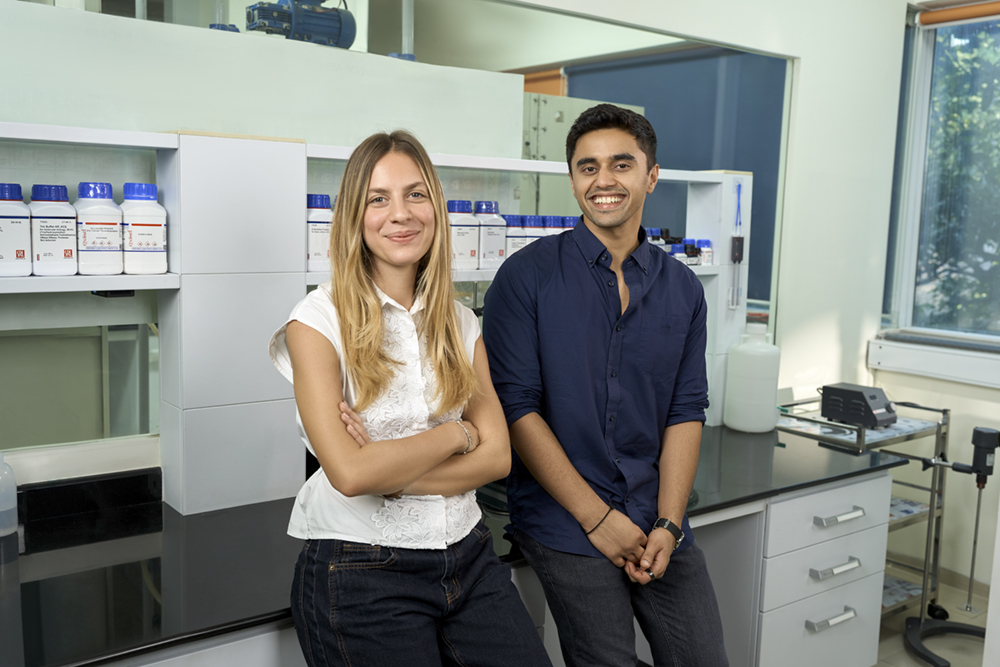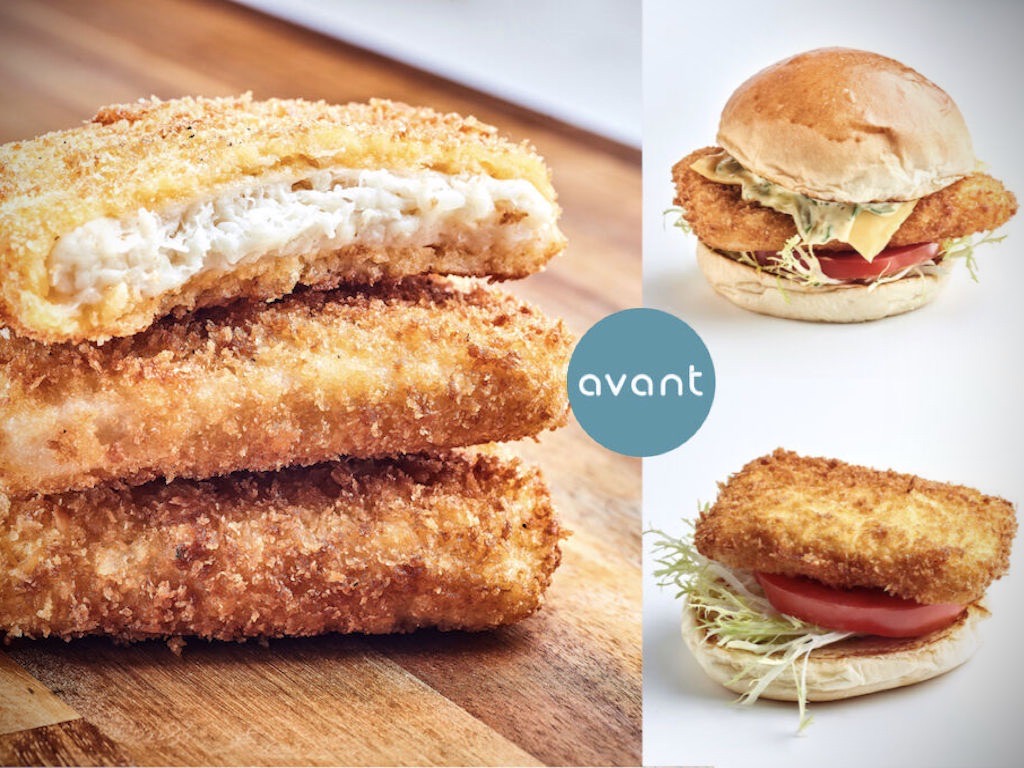
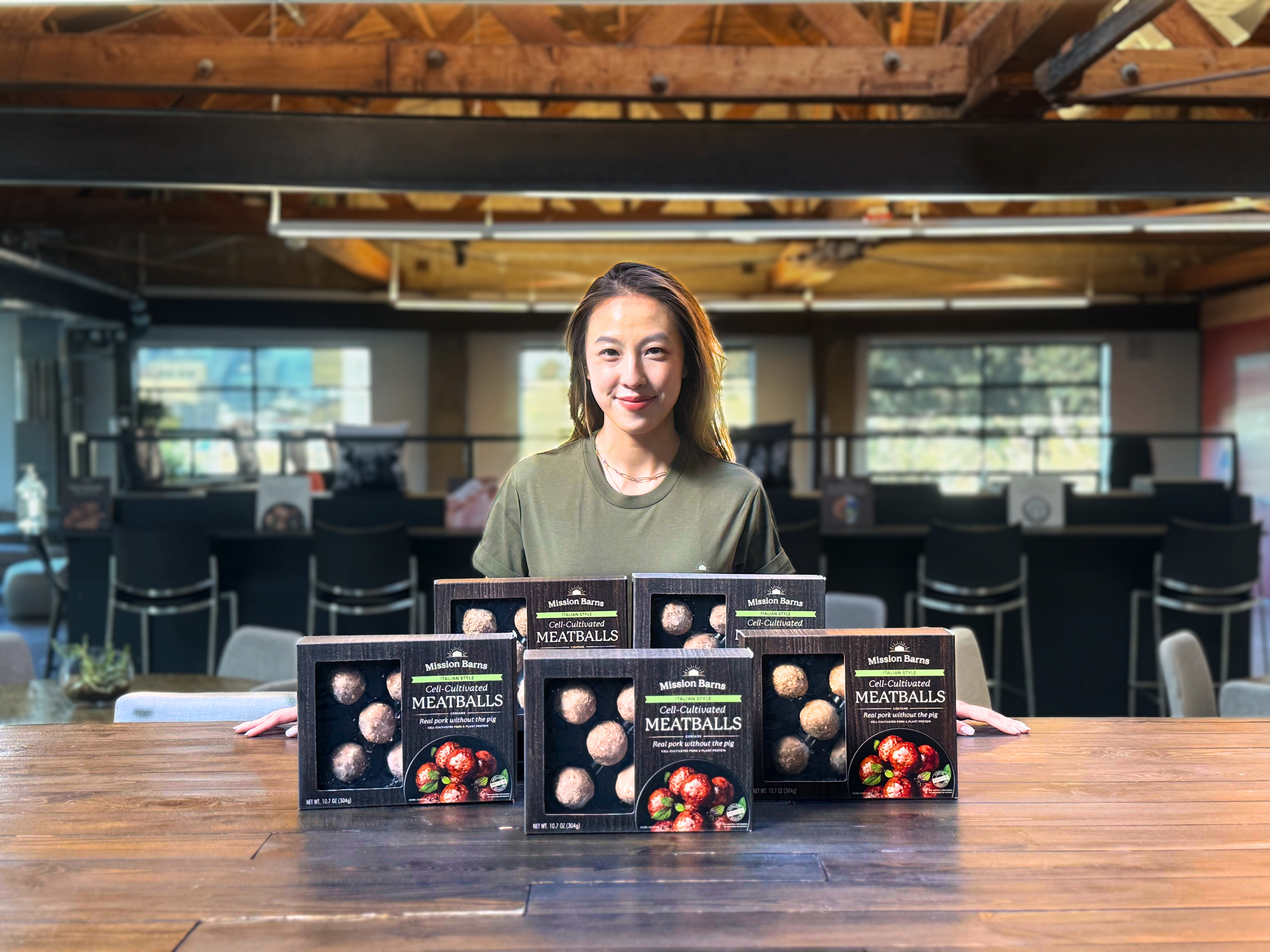
Mission Barns gains USDA approval for cultivated pork fat as it plots strategic scale-up
Mission Barns has officially secured USDA approval for its cultivated pork fat, marking a significant milestone not just for the San Francisco-based company but for the cultivated meat industry as a whole. The approval clears the way for the first commercial products featuring cultivated pork fat to enter the US market and comes on the heels of an earlier green light from the FDA.
“This approval validates our core technology and opens the door to deeper collaborations,” commented Cecilia Chang, Chief Business Officer at Mission Barns, speaking with Protein Production Technology International. “Our mission has always been to solve the biggest barrier to alternative proteins – taste. Cultivated fat is the key.”
The USDA’s sign-off includes both inspection approval for Mission Barns’ San Francisco pilot facility and labeling clearance for its cultivated fat ingredient, now regulated as ‘meat’ under US regulation. The company is launching limited product trials with retail and food-service partners, including Sprouts Farmers Market and San Francisco-based restaurant group Fiorella, as it prepares to scale production and build a broader B2B customer base.
Behind the USDA milestone lies nearly seven years of R&D into what Mission Barns calls ‘Mission Fat’ – a cultivated ingredient designed to deliver the flavor, mouthfeel, and cookability of conventional pork fat. Unlike companies developing whole cuts or muscle tissue, Mission Barns has focused its efforts squarely on fat, which it sees as the critical missing piece in most alternative protein products.
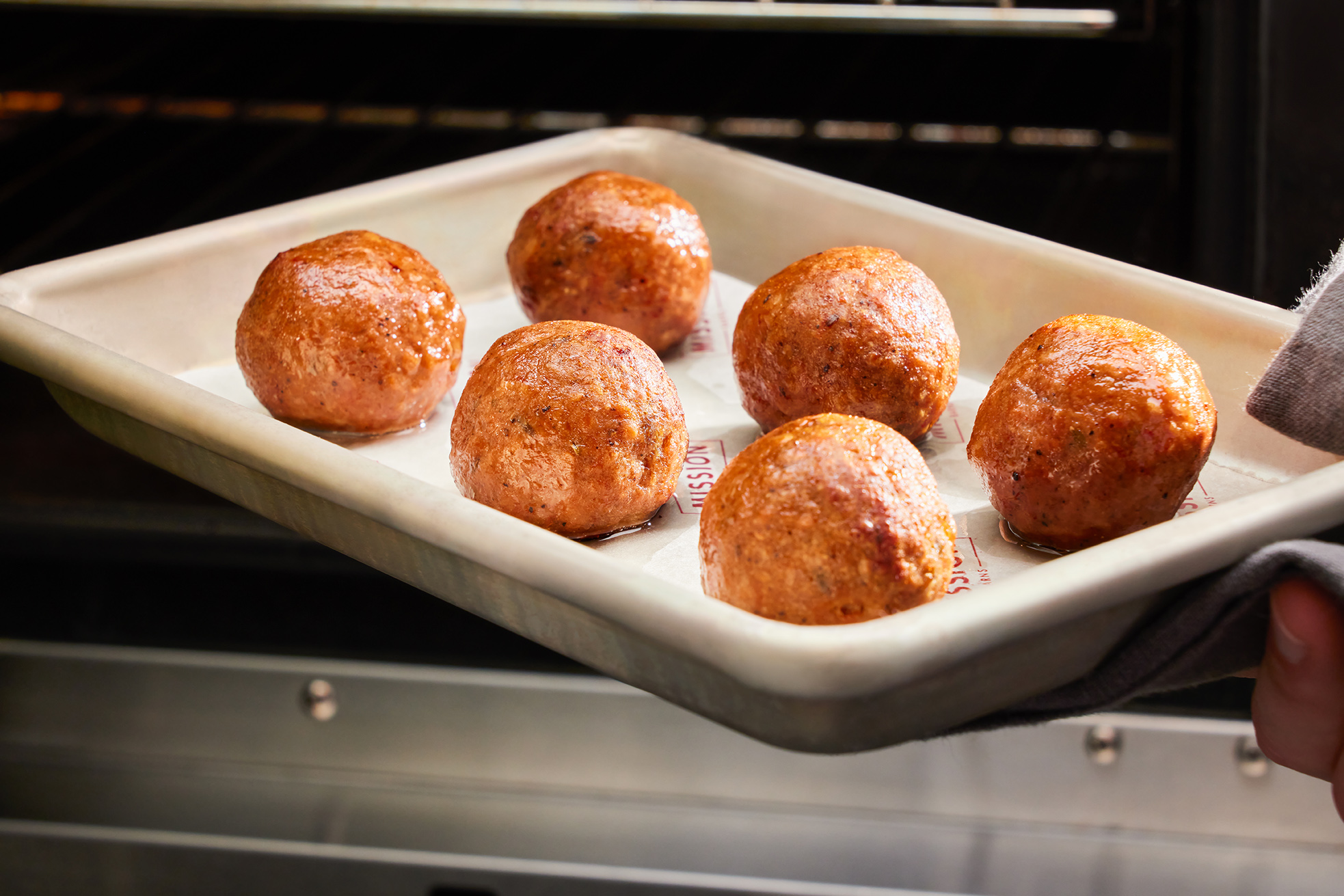
Purpose-built tech for a purpose-built fat
Mission Barns’ cultivated pork fat is grown from porcine fat cells optimized for their ability to proliferate, accumulate lipids, and produce a fatty acid profile closely resembling that of conventional pork. But the true differentiator, according to Chang, is the company’s proprietary bioreactor platform.
Engineered specifically for fat production, the system uses an adherent growth design that mimics how fat cells naturally mature, allowing them to attach and differentiate without requiring genetic modification. The bioreactor separates cell growth from fluid flow, a setup that enables dense cell cultures with gentle media exchange and minimal shear stress.
“This isn’t just repurposed pharma equipment,” continued Chang. “It’s a food-grade, cost-sensitive system with reusable substrates and animal-free reagents, purpose-built to support high-volume, low-cost fat production. Traditional suspension bioreactors struggle with fat cells because they’re buoyant and hard to keep in culture. We built a system that solves that.”
According to Mission Barns, this technical focus enables high volumetric productivity and lowers production costs – key to making cultivated ingredients commercially viable.
From R&D to the dinner plate
The company is already using its pilot facility to supply select food-service and retail launches. The recent collaboration with Fiorella saw its cultivated fat integrated into meatballs and bacon on the menu. At Sprouts, Mission Barns’ Italian-style meatballs will soon be available for home cooks in the Bay Area.
Fiorella’s Executive Chef Brandon Gillis took part in the R&D process, preparing the meatballs both as-is and re-seasoning them with his own signature blend. That hands-on feedback loop proved valuable, said Chang, helping the team refine aspects like cookability, prep time, and sensory performance.
“Chef feedback has really helped us understand what matters in a fast-paced kitchen environment,” she said. “And from a consumer perspective, our cultivated fat performs like animal fat – it browns, renders, and delivers mouthfeel in a way plant-based fats just can’t.”
Because it is produced in a sterile, controlled environment, Mission Barns says its fat has a naturally longer shelf life than conventional meat fats and integrates easily with plant-based proteins to improve the flavor and texture of hybrid products.
Sustainability by design
Mission Barns partnered with life cycle assessment experts at UC Davis to analyze the environmental footprint of its production system. Unlike many early LCAs in the cultivated meat space, which often rely on assumptions drawn from pharmaceutical manufacturing, the analysis focused on Mission Barns’ purpose-built bioreactor and final product format – a hybrid of cultivated fat and plant-based protein.
The results, based on commercial-scale projections, were striking: 79% less water use, 69% fewer greenhouse gas emissions, 67% less fossil resource use, and a 61% reduction in land use compared to conventional pork bacon produced in the USA. “These numbers show the potential of cultivated fat to deliver real sustainability benefits at scale,” said Chang.

Regulatory journey and political crosswinds
With both FDA and USDA approvals now in hand, Mission Barns becomes the first company globally to receive clearance for a cultivated pork or fat product. But getting there required more than technical validation – it meant navigating a new regulatory category.
“The biggest challenge with USDA wasn’t scientific,” Chang explained. “It was about labeling, facility standards, and helping the inspection team understand a novel harvest process. To their credit, the USDA was open, responsive, and collaborative throughout.”
Despite the regulatory win, the company acknowledges a growing tension in US state politics, where some lawmakers have proposed or enacted bans on cultivated meat products. Florida recently signed a bill banning their sale, and Texas has introduced similar legislation.
“It’s mixed,” said Chang, when asked about the broader political climate. “Some states are embracing innovation. Others are introducing misleading restrictions. These bans aren’t grounded in science or safety. But we believe they won’t hold up. Our products are regulated by the USDA, just like conventional meat. Consumers have the right to choose what’s on their plate.”
She added that Mission Barns is committed to transparency and will defend truth in labeling and consumer choice through legal channels if necessary.
Scaling for global demand
The USDA’s approval allows Mission Barns to accelerate commercial activities both in the US and overseas. The company is actively building its partner pipeline and pursuing international opportunities, particularly in markets aligned with US food safety standards.
“We’re in talks with partners globally who need what we offer: a high-impact fat ingredient that improves taste, health, and sustainability,” said Chang. “We’re prioritizing regions like Singapore and parts of Asia for near-term expansion.”
Though pork remains the current focus, Mission Barns’ platform is species-agnostic by design. The company is exploring other fat types and functional blends that could serve beef, lamb, or other protein formats in the future.
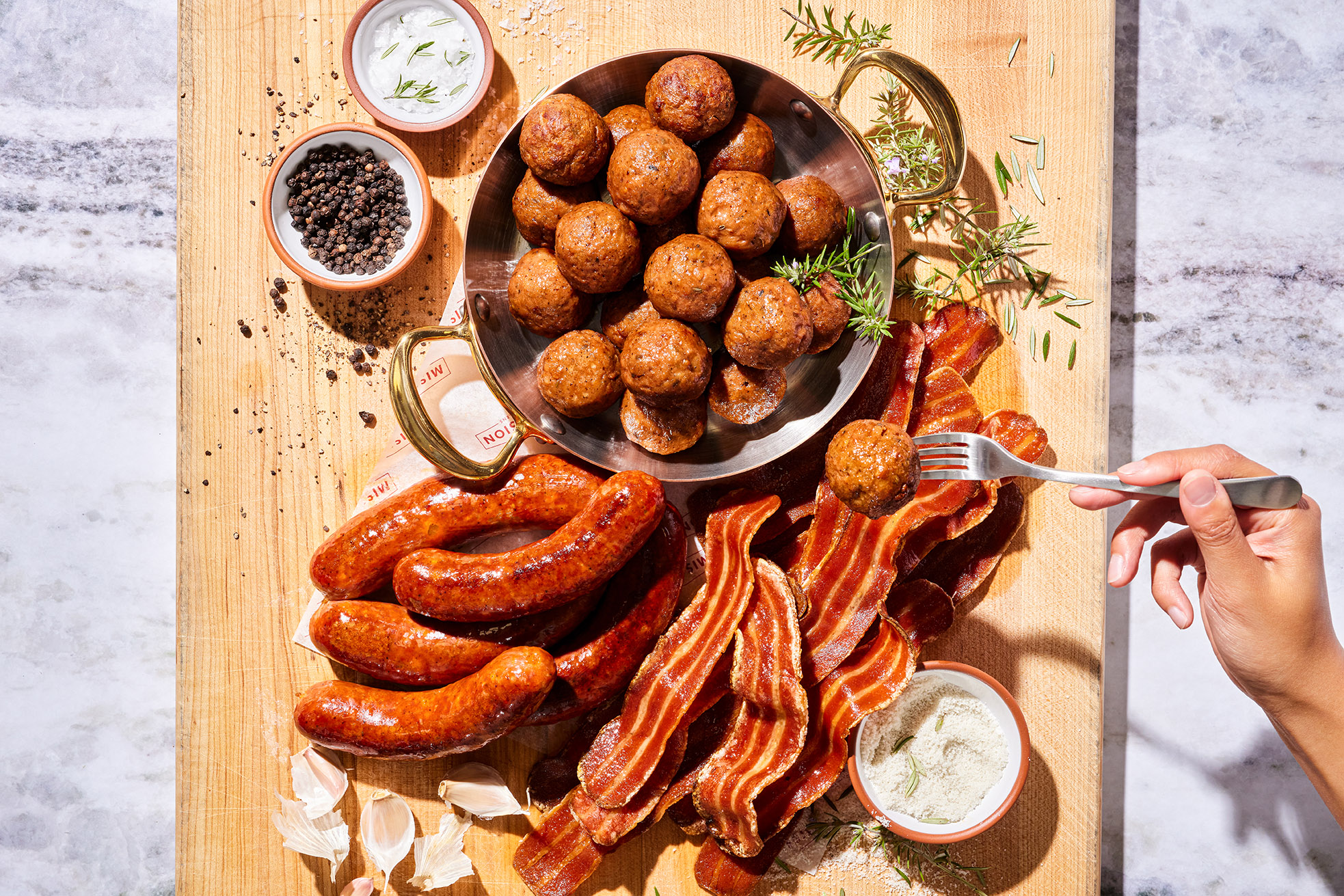
The path to price parity
At launch, Mission Barns’ products will be priced similarly to premium meat offerings – unsurprising given the early-stage nature of cultivated production. But the company has a clear strategy to drive costs down: focus on cultivated fat as a low-inclusion, high-flavor ingredient rather than selling 100% cultivated meat.
“Our goal is price parity,” Chang emphasized. “By producing cultivated fat and integrating it into plant-based formats, we can offer delicious, cost-effective products with just a fraction of cultivated input.”
As it licenses its bioreactor technology to partners and scales manufacturing, Mission Barns aims to reduce costs across the value chain and make better meat more accessible.
“We’re not here to replace every bite of meat overnight,” said Chang. “But we are here to give food companies the tools they need to make better products – ones that consumers actually want to eat.”
If you have any questions or would like to get in touch with us, please email info@futureofproteinproduction.com

.png)


